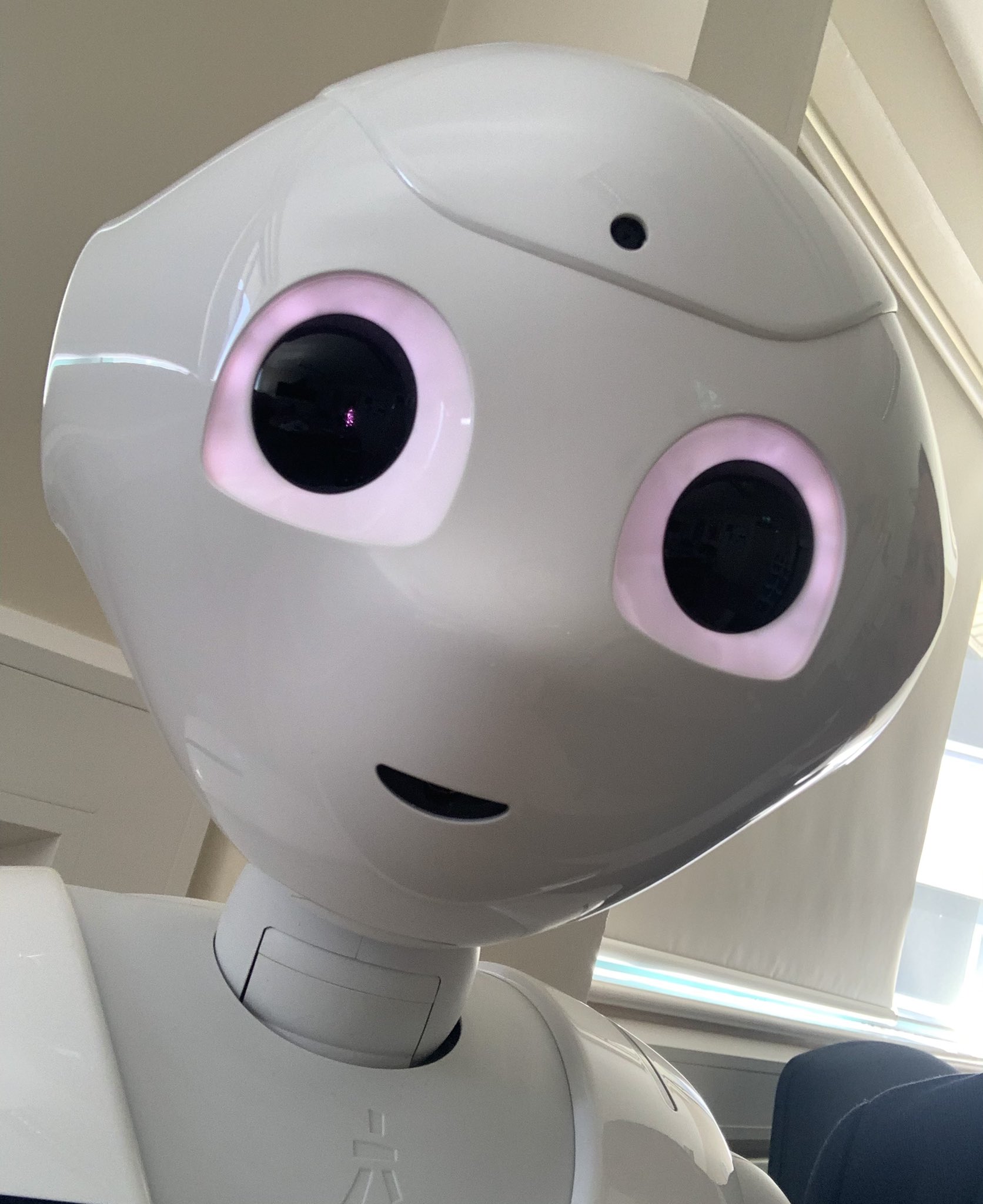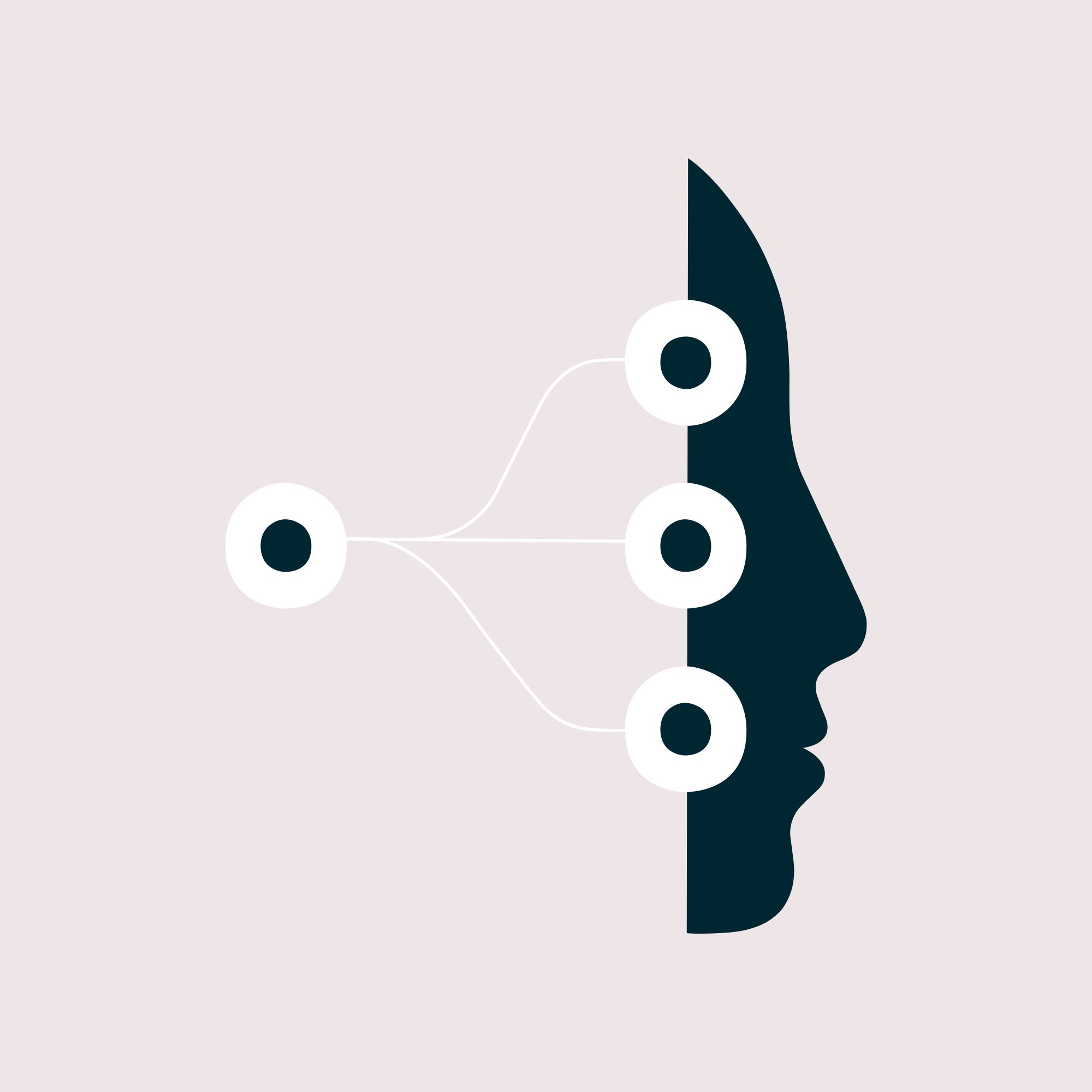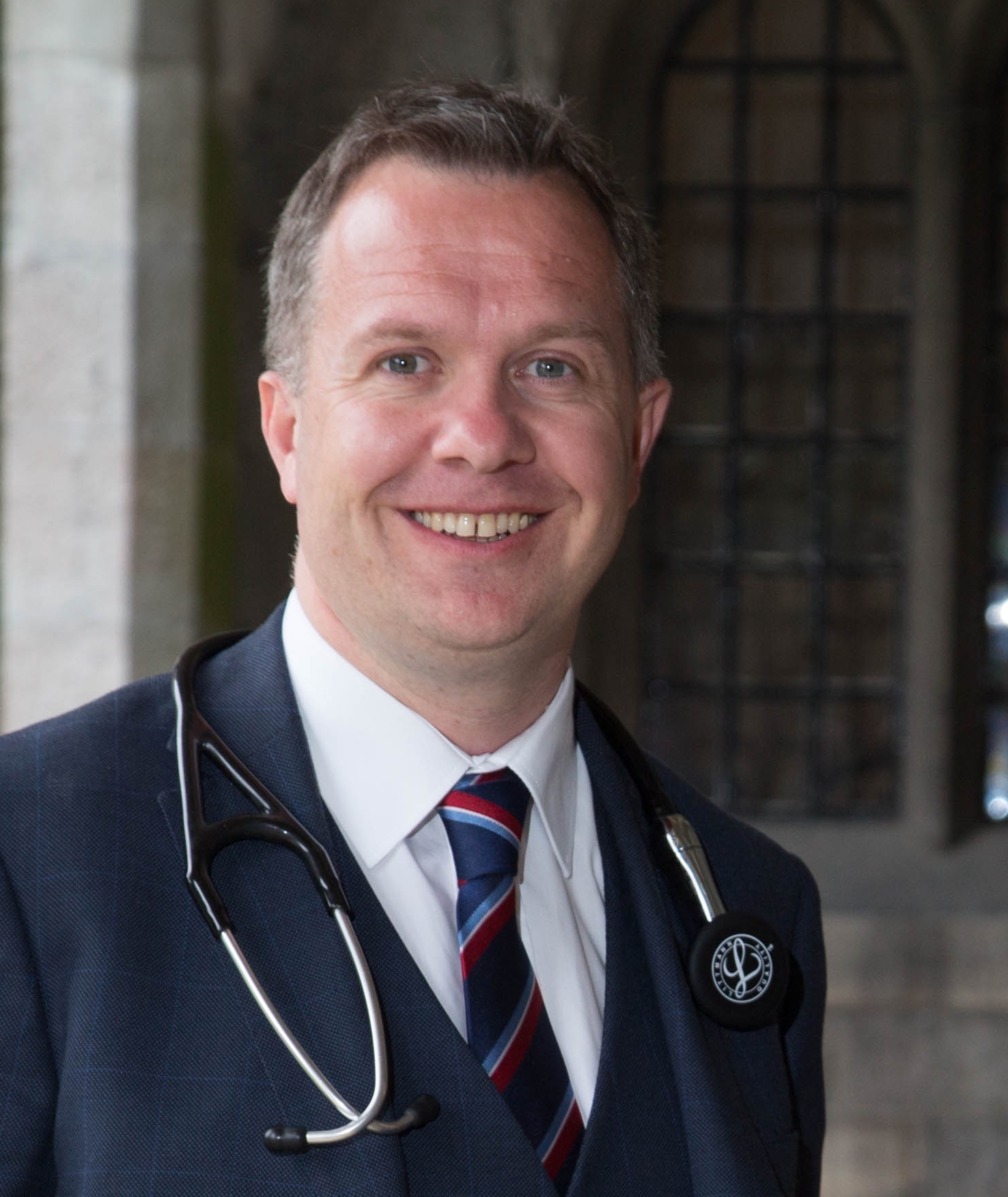
Imagine the best radiologist in the world, who studied at a top university, trained at the most prestigious hospital and has worked clinically there for 50 years studying x-rays. If you were sick and needed someone to review your x-ray, you would probably want them to do it. Now, thanks to digital technology, you can!
Modern Artificial Intelligence (AI) can train itself to obtain the same level of diagnostic, radiological accuracy as a lifetime’s worth of radiologists experience, in a morning! The subsequent algorithm could then be integrated into an actual x-ray machine, meaning that a person attending for a scan in a rural district hospital in a remote part of the developing world could get the same radiological diagnostic expertise as a patient in a major university teaching hospital in the developed world. This is remarkable. What was once science fiction is fast becoming science fact.
The third United Nations Sustainable Development Goal (SDG) is dedicated to good health and well-being. A key part of this pledge is what the World Health Organisation (WHO) calls ‘HealthForAll’. As part of achieving this, the WHO recognises the key importance of digital health and AI in facilitating the reduction of global health inequalities.

It is important to note that Artificial Intelligence (AI) is a broad term that represents a program that can sense, reason, act and adapt like human intelligence. Typically, when we talk about AI software, like the radiological example above, it is actually a subset of AI called Machine Learning (ML), which is a program that gets better and better at spotting unique patterns, the more examples or data it is given. Interestingly, scientists have also developed ML software that can tell the sex of a patient from retinal photographs. There are no human ophthalmologists that can do this beyond a 50:50 guess, meaning that there are subtle differences in the image that human eyes cannot detect but AI can.
Of course, clinically, there are easier ways to tell a person’s sex than by looking in their eye, but nevertheless, the principle is intriguing and in fact was also demonstrated using ML algorithms in Electrocardiograms, where a person’s age as well as sex could be predicted from their heart’s electrical signal. This deep learning approach requires neural networks to be autotuned on big data training repositories in an iterative fashion and can be ultimately applied to any medical data set. It can be imagined that we can use these AI tools to improve healthcare screening and specialist referrals. For example, it has been shown that ML algorithms can assess skin lesions with the same accuracy as dermatologists, meaning that it should be possible in future to triage patients with suspicious naevi (or mole) in a more efficient manner than currently possible (e.g. via smartphone monitoring).
However, it is important to note that AI tools are not a healthcare panacea and present very real ethical issues, including bias, that need to be considered and addressed. For example, if an image-based cancer screening tool is developed with Caucasian training data in a Nordic population, it is unlikely to work with the same efficacy in an East African black population. Therefore, issues such as ethnicity, gender, age etc. need to be considered in algorithm development and deployment. In addition, while the smartphone has become ubiquitous and will thus enable a digital healthcare revolution, we should be cognisant of the digital divide whereby many people still don’t have access to such technology and thus risk being left behind in any digital health rollout.
COVID19 has resulted in 10 years of digital transformation of healthcare in one year, with patients and clinicians having to rapidly adopt solutions such as video consultations and remote monitoring, for example of glucose in the case of chronic conditions such as diabetes. This of course has brought many challenges to healthcare systems but the advantages are clear to see in terms of both efficiency (saving time in attending clinics in person with travel, parking, waiting) and the environment (less travel pollution). However, it is important to note that we often still need the human connection and the healing touch, and so not all care can be delivered virtually. Just like in modern banking, while a lot of healthcare interactions will ultimately be digital to digital, we will still need to occasionally visit in person, for specific review and evaluation.
Nevertheless, the digital health future is exciting and offers myriad opportunities to improve human health across the medical spectrum. My own Health Innovation via Engineering (HIVE) Lab at NUI Galway recently published our own ML research showing that our algorithm could categorise thyroid nodules as benign or malignant with an accuracy of 96%. In addition, we are working on AI technology that can predict if you might develop gestational diabetes when pregnant and so allow for earlier intervention with subsequent better outcomes for mother and baby. We are using AI technology in our clinics with a Diabetes Audio Visual Educator (DAVE) robot that is helping patients learn more about their chronic disease through interactive teaching sessions with early results showing a very positive benefit of turning the traditional passive waiting room into an active one. We are also developing AI tools to scan patient’s glucose excursions (sudden spikes in blood sugar levels) and BP values in real time, and arrange sooner outpatient clinic appointments if any issues arise or delay them if everything is on track – so called dynamic appointments. These kinds of efficiencies will ensure that the right care will be delivered to the right patient at the right time.
Ultimately, digital health and AI tools will improve human health, they will complement rather than compete with clinicians, and empower patients to live longer and healthier lives.
Profiles

Prof Derek O’Keeffe (@Physicianeer) holds dual first class honours degrees in Engineering (Gold Letter) and Medicine (Gold Medal). In addition he holds a Medical Doctorate and a Masters & PhD in Biomedical Engineering from the University of Limerick and National University of Ireland Galway.
He was a Fulbright Scholar at Harvard, a Green Templeton Scholar at Oxford and is a graduate of the Endocrinology Clinical Fellowship at the Mayo Clinic, USA. As well as multiple academic publications, he holds biomedical patents and several international research prizes. He has done volunteer work in Ireland, USA, Ghana & Papua New Guinea. He has travelled in over 100 countries & was awarded The Outstanding Young Person of the World by Junior Chamber International.